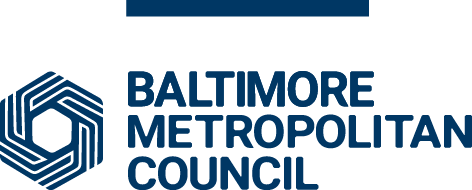Draft 2020 Baltimore Region Fair Housing Analysis Released for Public Comment

Since 2012, the Baltimore Metropolitan Council has been assisting local jurisdictions and public housing authorities (PHAs) -- the Baltimore Regional Fair Housing Group -- with regional fair housing planning and implementation.
Building on more than 18 months of work with a consultant team led by Root Policy Research, including ten meetings of a Regional AI Stakeholder Work Group, the Baltimore Regional Fair Housing Group is releasing its draft 2020 regional fair housing analysis for public comment:
Download the full document: 2020 ANALYSIS OF IMPEDIMENTS TO FAIR HOUSING CHOICE (AI).
This March 2 draft release begins a 30-day public comment period:
Please submit comments by email to housing@baltometro.org.
The public comment period will end on Tuesday, March 31, 2020.
The Fair Housing Group will hold a Public Hearing on Monday, March 23, 6:00 pm at the Baltimore Metropolitan Council office, 1500 Whetstone Way, Suite 300, Baltimore, MD 21230. Get directions to BMC.
The BMC office is ADA accessible. If you wish to attend and require a special accommodation (e.g. interpreter for deaf and hard of hearing or interpreter for persons with limited English proficiency), please contact Dan Pontious at dpontious@baltometro.org or 410.732.0500 x1055 no later than March 17.
Six jurisdictions and five public housing authorities (PHAs) carried out this process, with assistance from the Baltimore Metropolitan Council and the Root Policy Research consultants: City of Annapolis and the Housing Authority of the City of Annapolis, Anne Arundel County and the Housing Commission of Anne Arundel County, City of Baltimore and the Housing Authority of Baltimore City, Baltimore County, Harford County and the Havre de Grace Housing Authority, Howard County and the Howard County Housing Commission.
The new AI will replace the 2012 AI, described below, that jurisdictions and PHAs have been implementing over the past several years. Local governments and PHAs will include action steps from the 2020 AI that pertain to their jurisdiction in their Consolidated Plans and PHA plans for using federal housing funds beginning July 1, 2020.
If you have any questions, please send them to BMC’s housing policy coordinator Dan Pontious at dpontious@baltometro.org with “Fair Housing Analysis” in the subject line.





